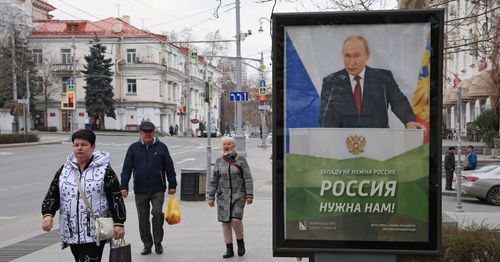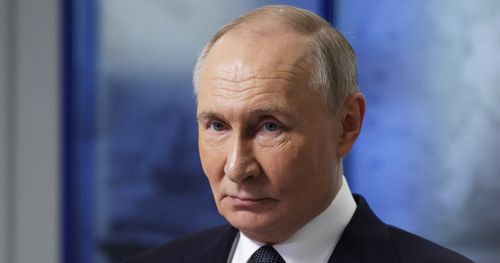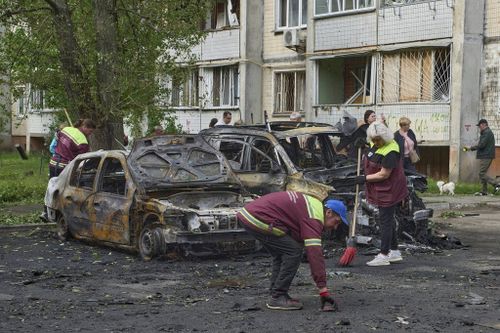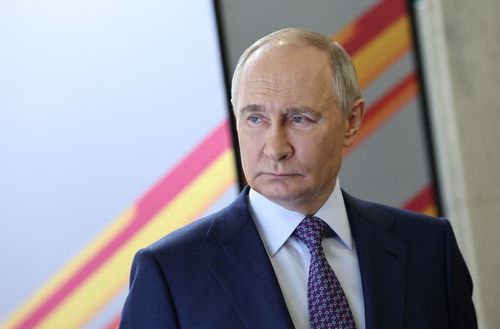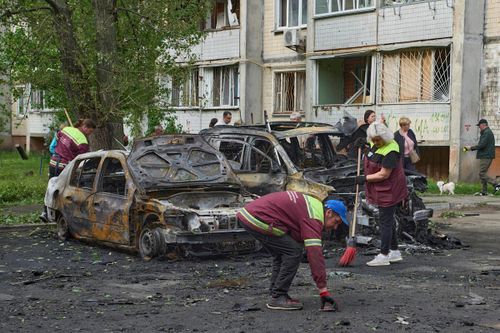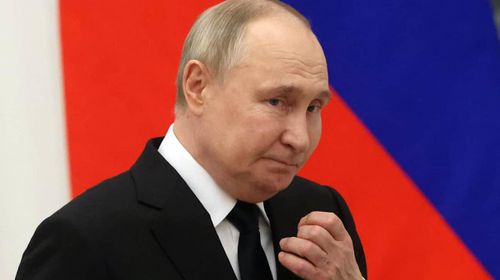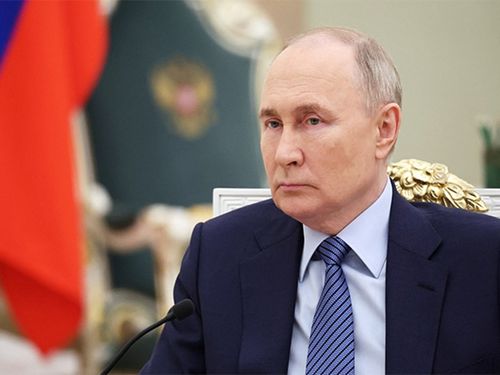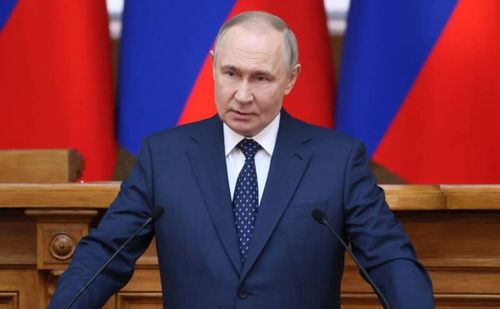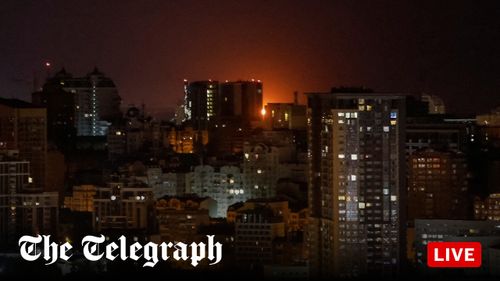Putin says he 'hopes he doesn't need to use nuclear weapons' and pledges to bring Ukraine war to 'logical end'
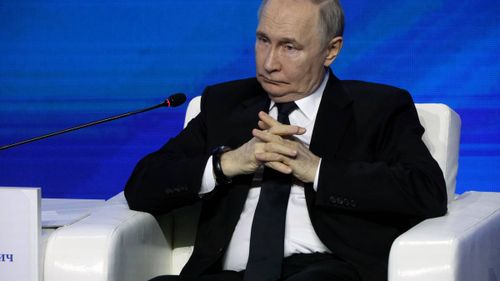
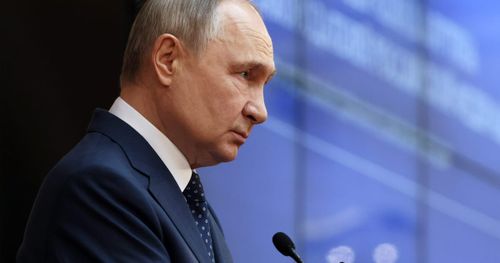
In the interview, Putin said there would be “no need” to use nuclear weapons in the Ukraine conflict. Responding to a question about Ukrainian strikes on Russia, he said: "There has been no need to use those [nuclear] weapons ... and I hope they will not be required." In November, Putin signed a revamped version of Russia’s nuclear doctrine, which spelt out the circumstances under which he would use his atomic arsenal, the world’s biggest. The document lowered the threshold for a nuclear strike in response to a broader range of conventional attacks. On Monday, Putin announced a temporary three-day ceasefire starting on May 8 to mark the end of World War II. In response, Ukraine’s Foreign Minister Andrii Sybiha called for the ceasefire to last at least 30 days, reiterating a proposal by Kyiv that Moscow has not taken up.
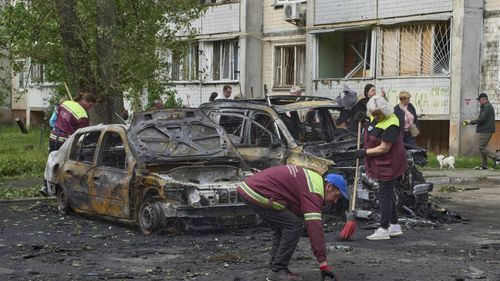
Russian President Vladimir Putin has said that the need to use nuclear weapons in Ukraine had not arisen and that he hopes it will not. In a preview of an upcoming interview with Russian state television, published on Telegram on Sunday, Putin said Russia has the strength and the means to bring the conflict in Ukraine to a “logical conclusion.” Responding to a question about Ukrainian strikes on Russian territory, Putin said: “There has been no need to use those (nuclear) weapons ... and I hope they will not be required.” “We have enough strength and means to bring what was started in 2022 to a logical conclusion with the outcome Russia requires,” he said.
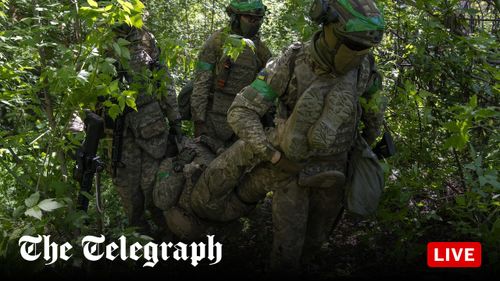
Vladimir Putin said he “hopes” he will not have to use nuclear weapons in Ukraine in an interview with state television. The Russian president told journalists that “there has been no need to use those [nuclear] weapons ... and I hope they will not be required,” in response to a question about Ukrainian strikes on Kremlin soil. Putin hinted he was ready to use nuclear warfare in November last year after Ukraine struck Russia with Western missiles for the first time. The Russian leader signed into law a doctrine that lowered the atomic threshold, allowing a nuclear response to be triggered by an attack with “conventional weapons” if it threatened the country’s “territorial integrity”.

